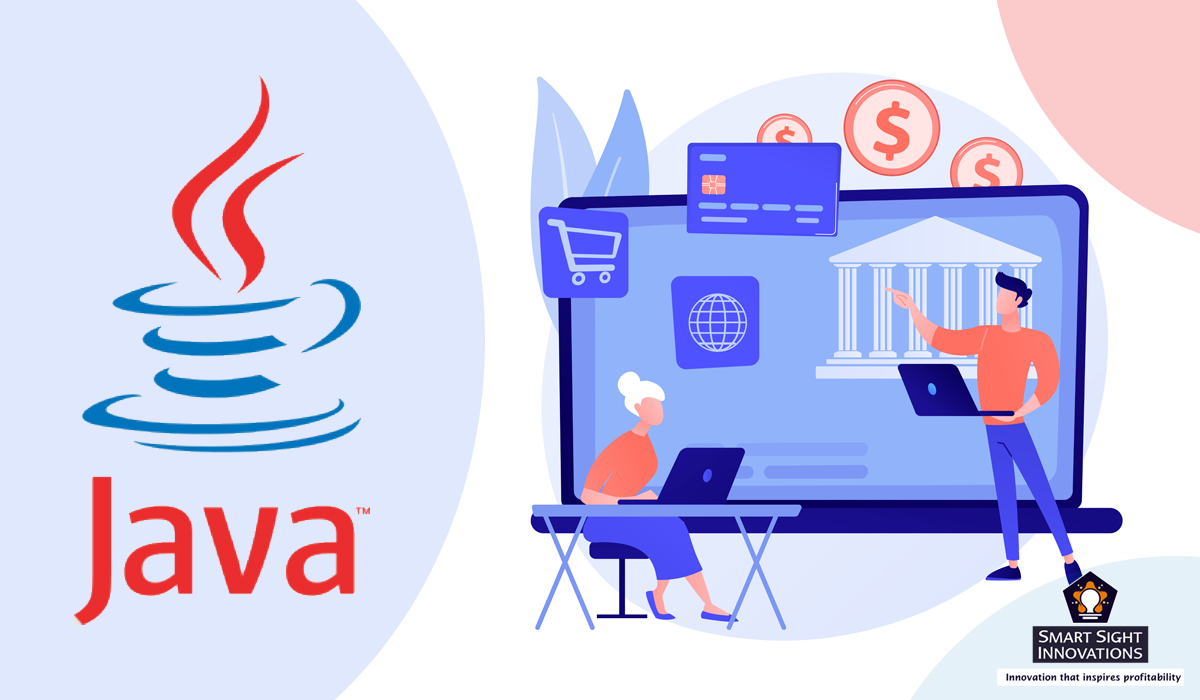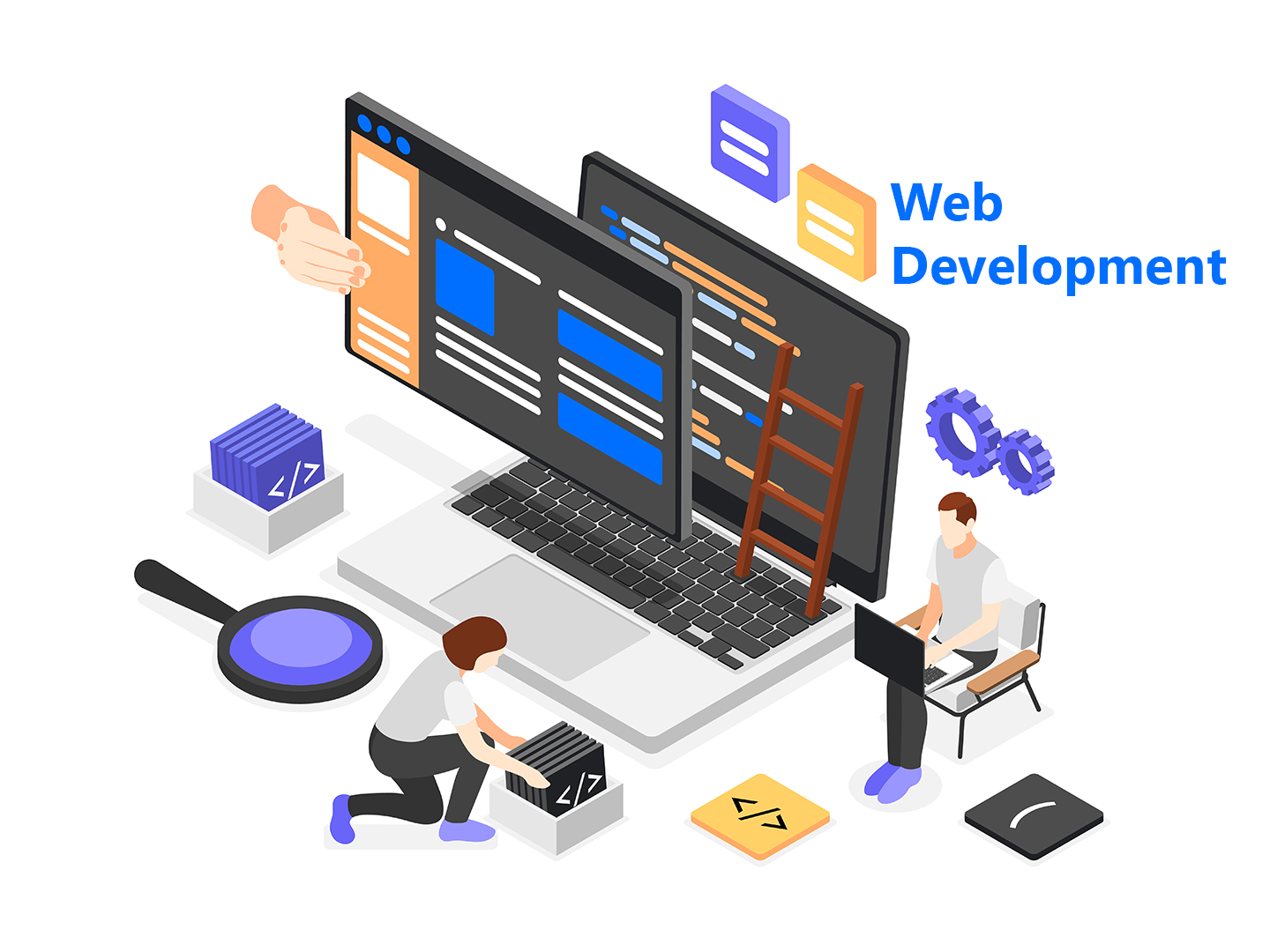
Introduction
Java has been a leading language for application development for decades. It’s widely used for building enterprise software, mobile apps, web applications, and much more. Its simplicity, platform independence, and object-oriented nature make it a great choice for beginners looking to enter the world of programming. At Oprezo India, we understand how important it is for aspiring developers to have access to high-quality learning resources. In this article, we’ll guide you through some of the best tools and tutorials to help you start developing Java applications from scratch.
Before you start building applications, it’s crucial to understand the core syntax and structure of Java.
Oracle’s Java Tutorials: The official Oracle website offers a free, comprehensive guide to learning Java. This is an excellent resource for beginners as it covers basic concepts like variables, data types, loops, and object-oriented programming.
Codecademy – Learn Java: Codecademy provides an interactive, hands-on learning experience that is perfect for beginners. The platform takes you through Java’s core syntax, helping you understand how to write simple programs.
Java for Beginners (Book): For those who prefer books, "Java: A Beginner's Guide" by Herbert Schildt is an excellent choice. It covers all the foundational concepts in Java programming, from simple syntax to more advanced topics like exception handling.
Starting with these resources will give you a strong foundation in Java programming, which you can build on as you begin creating your own applications.
To write and run Java applications, you’ll need to set up your development environment.
Java Development Kit (JDK): The JDK is essential for writing and running Java applications. Download the latest version from Oracle’s official website. It comes with all the necessary tools to compile and execute Java programs.
Integrated Development Environment (IDE): Beginners should start with an IDE like Eclipse or IntelliJ IDEA. These environments provide user-friendly interfaces with features like code suggestions, debugging tools, and project management. They make it easier to write, test, and debug Java applications.
Maven: Maven is a popular build automation tool for Java projects. It simplifies project setup and dependency management, making it easier for developers to focus on coding. The Maven official website has tutorials to help you get started.
Having the right development tools will streamline your learning process and make it easier to focus on coding.
Java is an object-oriented programming language, so understanding OOP principles is essential for creating robust applications.
YouTube – Object-Oriented Programming with Java: There are many beginner-friendly OOP tutorials available on YouTube. Channels like Programming with Mosh offer detailed lessons on Java’s OOP principles, including classes, objects, inheritance, and polymorphism.
Java OOP Concepts by GeeksforGeeks: GeeksforGeeks provides a comprehensive guide to Java’s object-oriented features. It includes code examples and real-world applications of OOP concepts, making it easier to grasp the theory and apply it to your own projects.
Coursera – Java Programming and Software Engineering Fundamentals: Offered by Duke University, this Coursera course provides a strong foundation in Java and OOP principles. The course is free to audit and includes assignments and projects to help you practice your skills.
By mastering OOP in Java, you’ll be able to write more organized, maintainable, and efficient code.
Once you have a good understanding of Java basics and OOP, it’s time to start building your first application.
Java Projects for Beginners by Udemy: This Udemy course takes you through practical Java projects, such as building a basic calculator, banking application, or game. It’s a great way to get hands-on experience and see how Java code works in real applications.
Creating a Simple Java GUI Application: Start with a simple Java GUI application using Swing or JavaFX. Swing is part of Java’s standard library and allows you to build basic graphical interfaces. JavaFX is another powerful toolkit for building modern desktop applications. The Oracle JavaFX tutorial is a great resource to get started.
Building a REST API with Spring Boot: If you’re interested in web development, learning how to build a REST API using Spring Boot is a great project. Spring Boot simplifies backend development and is widely used in enterprise applications. The Spring Boot documentation provides step-by-step guides for beginners.
By working on these projects, you’ll gain practical experience and build confidence in your Java skills.
Java has a vast ecosystem of frameworks that can simplify and accelerate development. Here are some frameworks beginners should explore:
Spring Framework: Spring is one of the most popular Java frameworks for building enterprise applications. It simplifies the development of Java applications with its powerful ecosystem. Start with Spring Boot, which makes it easy to create standalone applications with minimal setup.
Hibernate: Hibernate is an object-relational mapping (ORM) tool for Java that simplifies database interaction. If your Java application needs to store and manage data, learning Hibernate will make it easier to work with databases. The Hibernate Getting Started Guide is a great place to begin.
JUnit: Testing is an essential part of application development, and JUnit is a popular framework for testing Java applications. It’s easy to learn and provides the foundation for writing and running automated tests. Beginners can start by reading the JUnit tutorial on Baeldung.
Learning these frameworks will enable you to build more sophisticated applications and prepare you for real-world development tasks.
It’s important to practice coding and engage with the developer community to improve your skills.
LeetCode: LeetCode offers Java coding challenges that are perfect for beginners. The problems range from easy to advanced, helping you practice your problem-solving skills and understanding of Java.
Stack Overflow: If you run into issues or have questions, Stack Overflow is a go-to resource for Java developers. You can search for solutions or ask questions in the community to get expert help.
GitHub: Use GitHub to showcase your projects and collaborate with other developers. As a beginner, creating your own repositories and contributing to open-source projects will help you gain real-world experience and build your portfolio.
Engaging with online communities and consistently practicing coding will accelerate your learning process and make you a better developer.
Java is a powerful and versatile language that opens up a world of opportunities for developers. By following these beginner-friendly resources from Oprezo India, you’ll be well on your way to mastering Java application development. From learning the fundamentals to building your first project, these tools and tutorials will guide you through every step of your journey. Whether you’re aiming to build desktop applications, mobile apps, or enterprise software, mastering Java will set a strong foundation for your career as a developer.
 Best Mobile App Development Company in Delhi NCR | Oprezo India
Best Mobile App Development Company in Delhi NCR | Oprezo India
 Top Web Development Services in Delhi/NCR | Oprezo India – React JS, Angular JS, eCommerce & More
Top Web Development Services in Delhi/NCR | Oprezo India – React JS, Angular JS, eCommerce & More
 Top Mobile App Development Company in Delhi / NCR | Oprezo India
Top Mobile App Development Company in Delhi / NCR | Oprezo India
 Mobile App Development in Delhi - Android, iOS, Hybrid & Flutter | Oprezo India
Mobile App Development in Delhi - Android, iOS, Hybrid & Flutter | Oprezo India
 Why Oprezo India is the Best Web Development Partner in Delhi NCR?
Why Oprezo India is the Best Web Development Partner in Delhi NCR?